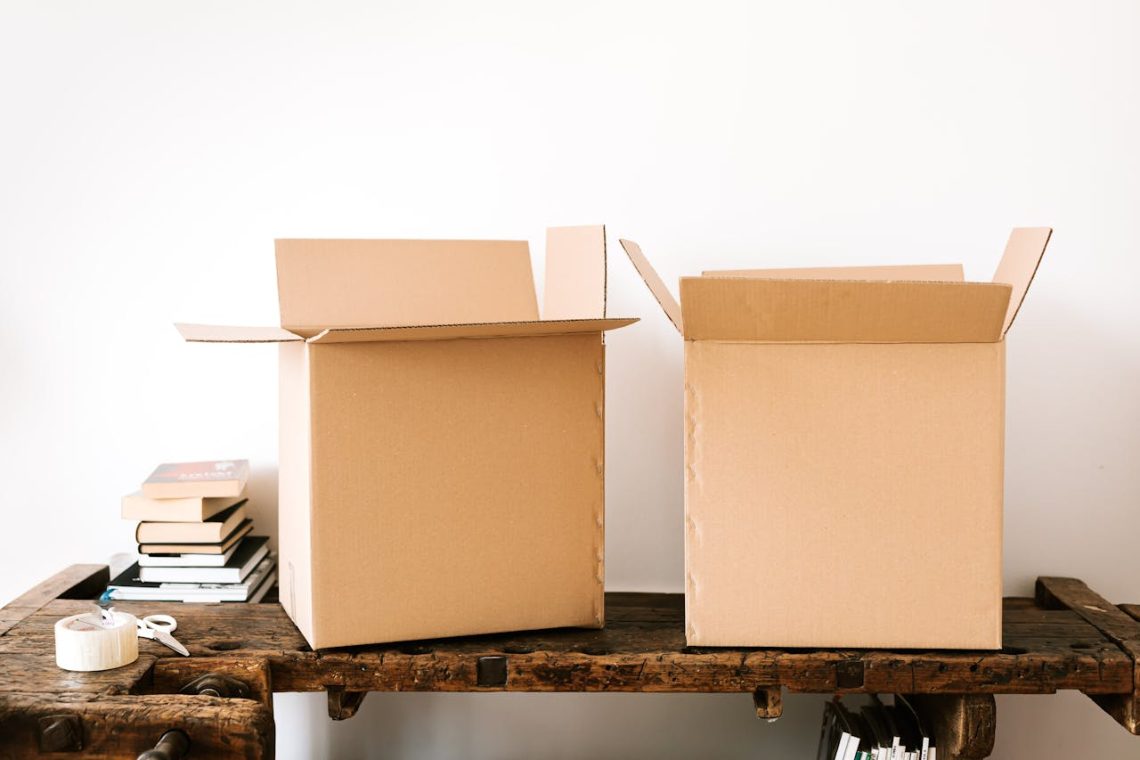When it comes to storage, whether it’s a self-storage unit or additional storage space at home, not all items are suitable to be tucked away. It’s important to consider various factors like the perishability, legality, safety, and overall suitability of objects when deciding what to store. In this article, we explore several items you should never place in student self storage and the reasons why.
1. Hazardous Materials
Hazardous materials include any chemicals or substances that are flammable, corrosive, explosive, or toxic. This can range from petrol, paint, and batteries to fertilisers and cleaning supplies. Storing these items can be illegal and poses significant safety risks such as fires or chemical spills, which could result in damage to property or harm to individuals.
2. Perishable Foods
Perishable foods such as meat, dairy, fruits, and vegetables should never go into storage units because they can spoil and attract pests, such as rodents and insects. Besides causing odours, pests can also damage other stored items and create health hazards.
3. Plants
Plants need sunlight, air, and water – essentials that are not provided in storage units. Besides the likelihood of your plants not surviving in these conditions, they can also attract pests and insects or develop mould and diseases that can spread to other stored items.
4. Animals
It should go without saying that live animals should never be placed in a storage unit. Not only is it inhumane and potentially fatal for the animal, but it is also illegal and can result in legal action.
5. Illegal Items
Storing stolen goods, unlicensed firearms, illegal drugs, and other contraband is prohibited. Storage facilities are not a shield for illegal activities, and authorities can seize illegal items and prosecute the owners.
6. Wet Items
Any items that are damp or wet should not be stored as they can cause mildew and mould growth. This can damage the item itself and potentially spread to other stored objects, compromising the quality and safety of your storage space.
7. Scented or Fragile Items
Highly scented items like candles or air fresheners can attract pests. Similarly, fragile and irreplaceable items like heirlooms should either be stored with exceptional care or kept out of storage units to avoid potential loss or damage.
8. Valuables and Personal Documents
While many people do store valuables or personal documents, it’s worth reconsidering for security reasons. Theft or accidental loss could be devastating. If you must store such items, look for storage with high-security measures or consider keeping them in a safe deposit box instead.
9. Medical Supplies
Some medical supplies are temperature-sensitive or have expiration dates. Storing them incorrectly could render them ineffective or even dangerous. Always adhere to the storage guidelines outlined by the medicine or equipment manufacturer.
10. Electronics
Electronics can be severely damaged by extreme temperatures, which can occur in units without climate control. Additionally, they can be high-value targets for theft.
Conclusion
Choosing items for storage should be a thoughtful process that includes understanding what is safe and permissible to store. When in doubt, refer to the terms of service provided by your storage facility or consult experts for advice. Remember that proper storage not only protects your belongings but also ensures the safety and legality of your actions.





